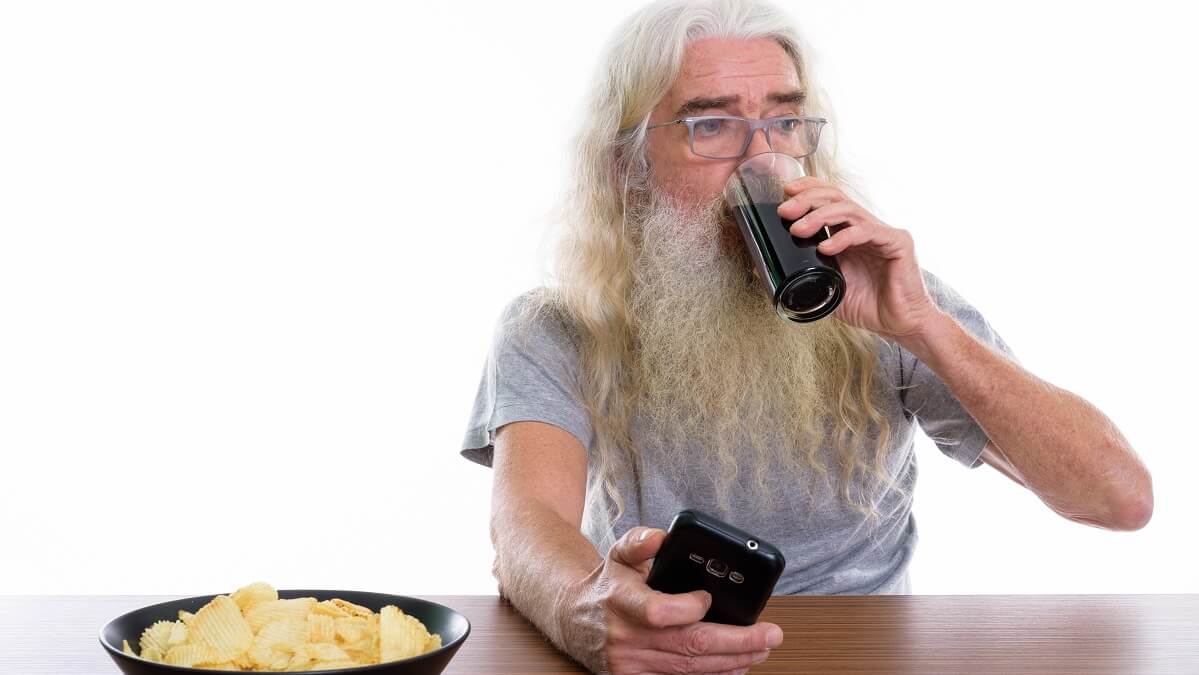Staying clear of alcoholic beverages might help you avoid alcoholic fatty liver disease, but if you think substituting alcohol with soft drinks will help, you might be sorely mistaken.
Sugary drinks and food appear to play a strong role in the onset of non-alcoholic fatty liver disease (NAFLD), according to new research.
In a study published in Nature Medicine this month, researchers described NAFLD as a condition in which fat builds up in the livers of people who drink little or no alcohol. It appears to affect otherwise healthy people, causing gradual liver failure.
The culprit appears to be alcohol produced inside the bodies of those suffering from NAFLD.
Read: Signs of fatty liver disease
The study involved 146 obese participants. Their blood was tested for alcohol before, and two hours after, a sugar-rich meal as part of the trial. The researchers compared their findings with a cohort of 51 age-matched healthy patients.
They found that both before the meal, and afterwards, participants had alcohol in their blood, but alcohol levels increased dramatically after the trial meal and were highest in those patients who also had a diagnosis of non-alcoholic fatty liver disease.
Surprisingly, some of the participants’ alcohol levels were equivalent to what can be expected after the consumption of three schooners of full-strength beer.
Blame it on your bacteria
The question is how can such high levels of alcohol be recorded in someone who hasn’t been drinking?
The answer, it seems, can be found in the gut.
In previous studies, a link was found between ethanol-producing bacteria – Klebsiella pneumoniae – and fatty liver disease in humans and mice.
Of course, there are always bacteria in your gut, which are generally doing good things. But occasionally things can go south in the relationship.
Read: Liver cancer can be easily treated if caught early enough
In this case, the bacteria produce ethanol in such a way that it can evade diagnostic testing and then stealthily dump the ethanol into the gut, causing destruction in the liver.
Interestingly, the study identified the ‘bad’ bacteria in these cases as Lactobacillaceae, not the Klebsiella pneumoniae bacteria found in the previous studies. According to the new study’s lead author, Abraham Stijn Meijnikman, the reason for the disparate findings could be that the early studies used a Chinese cohort, while the latest study enrolled mostly white European participants.
While the new study shows a clear link between the bacteria and NAFLD, Dr Meijnikman cautioned against jumping to conclusions when it comes to determining whether the bacteria cause the disease or the disease causes a shift in gut flora in patients with NAFLD, invoking the old chicken-and-egg adage.
Read: Food and drink is getting sweeter, but it’s not all sugar
The answer to that will hopefully come with further study. In the meantime, Dr Meijnikman pointed out that that not all patients in the study had higher-than-average concentrations of ethanol in their portal veins after a meal.
The microbes, therefore, may only be to blame for disease progression in some patients.
“We should not go with a ‘one-size-fits-all’ treatment,” he said.
Until the science is clearer, you will do well to remember that while reducing your alcohol intake is likely to yield health benefits, it may not provide a guarantee against fatty liver disease.
Have you been diagnosed with alcoholic or non-alcoholic fatty liver disease? How has it affected your lifestyle? Why not share your experience and thoughts in the comments section below?

